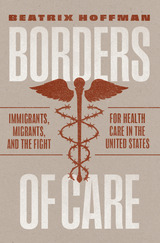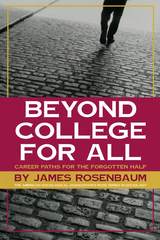
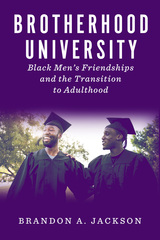
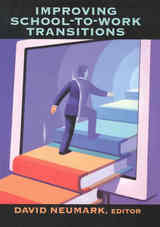
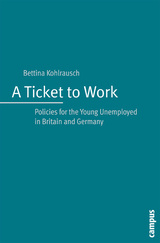
In A Ticket to Work, Bettina Kohlrausch examines the differing approaches taken by Britain and Germany to assisting young people with the often difficult transition from school to full-time work. Detailing the workings of such programs as skills training and job-placement assistance, the volume places those vocational training methods in the context of the general political and economic climate of the two nations, drawing a contrast between Britain’s more liberal market economy and Germany’s more structured and coordinated regime.
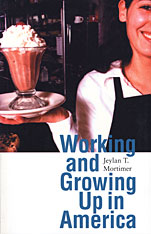
Should teenagers have jobs while they’re in high school? Doesn’t working distract them from schoolwork, cause long-term problem behaviors, and precipitate a “precocious” transition to adulthood?
This report from a remarkable longitudinal study of 1,000 students, followed from the beginning of high school through their mid-twenties, answers, resoundingly, no. Examining a broad range of teenagers, Jeylan Mortimer concludes that high school students who work even as much as half-time are in fact better off in many ways than students who don’t have jobs at all. Having part-time jobs can increase confidence and time management skills, promote vocational exploration, and enhance subsequent academic success. The wider social circle of adults they meet through their jobs can also buffer strains at home, and some of what young people learn on the job—not least, responsibility and confidence—gives them an advantage in later work life.
READERS
Browse our collection.
PUBLISHERS
See BiblioVault's publisher services.
STUDENT SERVICES
Files for college accessibility offices.
UChicago Accessibility Resources
home | accessibility | search | about | contact us
BiblioVault ® 2001 - 2025
The University of Chicago Press




